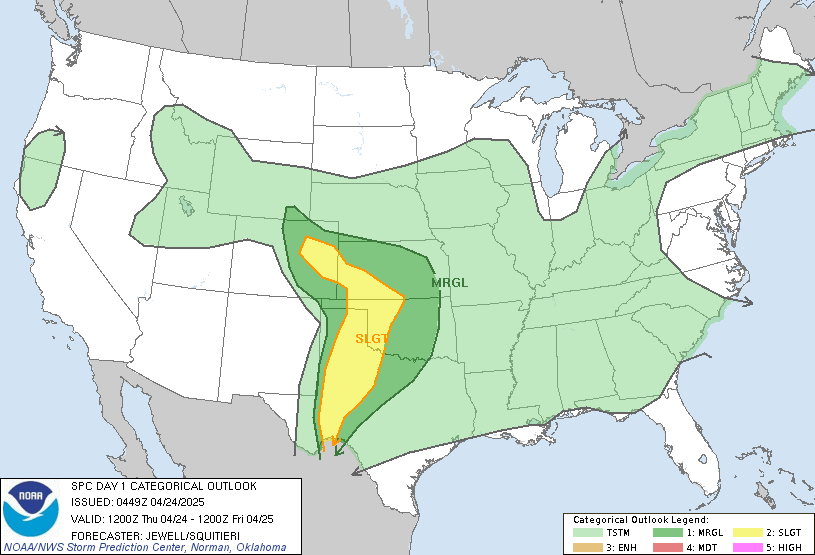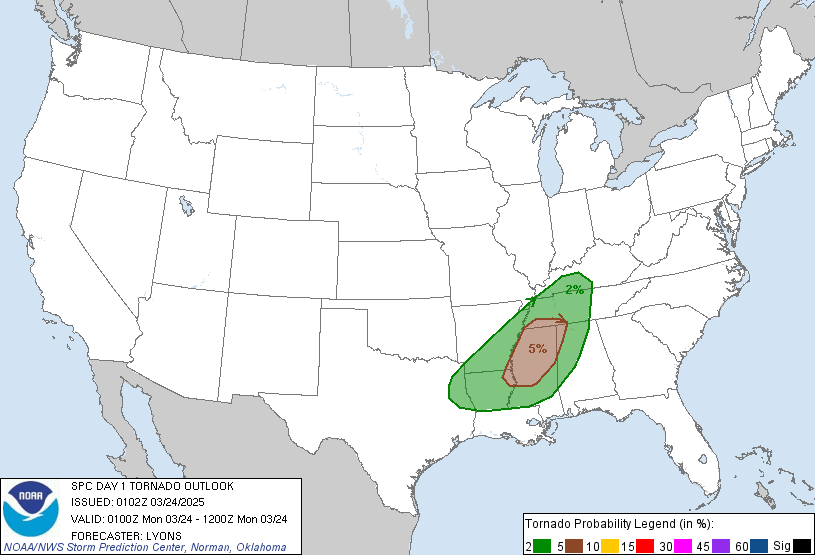If tropical cyclones are – in general – slowing down, that could have some pretty dramatic impacts in the future. But the science isn’t settled. Let’s take a look…
A quick preamble
If you caught the news the other night, you may have watched me get on a proverbial Soap Box about how science works. Saying that, ‘just because a new study says something, doesn’t mean the science is settled’ because scientists publish studies, all the time, going back-and-forth with new data trying to identify the real, root, answer.
And this topic is a perfect example. It is high-impact (hurricanes can cause a lot of damage), new research (article was just published) that two scientists disagree on (because the data may not be complete in places, or assumptions are being made by on person that another doesn’t like).
And this is totally normal. Disagreements are good in science! That is what science is all about!
The point is to debate a hypothesis, break down all the numbers, look at all of the available data with multiple eyes, until there is no real doubt among a majority of scientists that a specific answer is correct.
Hurricanes are slowing down
James Kossin recently concluded a study looking back at hurricane data from 1949 to 2016. While sifting through the data, he notes that the forward speed of tropical cyclones across the globe are slowing down.
Recent events like Hurricane Florence and Hurricane Harvey would be recent examples of this phenomena. Both of those storms moved ashore and got “stuck” before getting pushed away.
In his abstract, James writes:
As the Earth’s atmosphere warms, the atmospheric circulation changes. These changes vary by region and time of year, but there is evidence that anthropogenic warming causes a general weakening of summertime tropical circulation. Because tropical cyclones are carried along within their ambient environmental wind, there is a plausible a priori expectation that the translation speed of tropical cyclones has slowed with warming. In addition to circulation changes, anthropogenic warming causes increases in atmospheric water-vapour capacity, which are generally expected to increase precipitation rates. Rain rates near the centres of tropical cyclones are also expected to increase with increasing global temperatures.
The hypothesis here is based in some, at face value, sound logic. First, as the climate changes, summertime atmospheric wind slows down along ITCZ. Second, a warmer atmosphere can carry more moisture, and thus tropical systems can rain more.
So, if storms that rain more are slowing down, the areas under these storms will get more rain.
Sounds like Florence and Harvey.
You may ask, “But what about Hurricane Nate? That was doing nearly 30mph!”
There will always be variability between storms. A hypothesis claiming that storms slow down, doesn’t mean storms won’t go fast, it just means systems move slowER.
A better question is: Is this hypothesis just recency bias? Are American scientists trying to connect the dots on something because of two recent storms?

It turns out, Kossin is not subject to recency bias with his research. As he looked at all tropical basins in the world. And found data supporting a slow down of tropical systems in every basin – Atlantic, Pacific, and Indian oceans – during the last 60+ years.
Kossin notes:
Of particular importance is the slowdown of 21 percent and 16 percent over land areas affected by western North Pacific and North Atlantic tropical cyclones, respectively, and the slowdown of 22 percent over land areas in the Australian region. The unprecedented rainfall totals associated with the ‘stall’ of Hurricane Harvey over Texas in 2017 provide a notable example of the relationship between regional rainfall amounts and tropical-cyclone translation speed.
But that is just one side of the story.
Hurricanes aren’t slowing down
Il-Ju Moon1, Sung-Hun Kim and Johnny C. L. Chan disagree. The three wrote a response in Nature saying the conclusions from the data were exaggerated by a lack of satellite data in the past.
From the response:
Our main concern is the period of data (1949–2016) used in the trend analysis, particularly for the pre-satellite era (1949–1965), which has been shown to have serious data inhomogeneity problems. Kossin argued that estimates of tropical-cyclone position as well as translation speed using the position information are comparatively insensitive to the inhomogeneity of tropical-cyclone best track data (although without giving a very strong objective justification) and used the data prior to the satellite era in his trend analyses. However, here we show that the estimates of the annual-mean TCS globally or in a particular basin are very sensitive to the data inhomogeneity related to changes in observational capability, which will affect the trend analysis.
One thing that previous research has found – repeatedly – is that tropical systems move much quicker the further north they go. This is due to many factors.

So Mooni, Kim, and Chan think, any estimates made about speed for tropical systems that are further north will have a much larger chance for error than ones closer to the equator.
As an example:
If a researcher has to estimate a storms track as “approximately 300 miles” in 12 hours, but it ends up actually being 289 miles, the error is 11 miles.
If that same researcher has to estimate a storms track as “approximately 25 miles” in 12 hours, but it was actually 22 miles, the error is only 3 miles.
So, the concern about this error by Mooni, Kim and Chan seems to make sense.
So who is right?
No one. Yet. And that is the point of science. To figure it out. Eventually. And that is normal. Totally normal. That is how science works.
I would argue that the logic of Kossin;s hypothesis carries a lot of weight. But the questions brought forth by Mooni, Kim and Chan are worth exploring.
The final answer is probably somewhere in the middle of it all.
Climate change is probably slowing tropical systems down, because a lot of previous research has shown that as the climate warms, the steering currents in the atmosphere slow down. And a lot of previous research has also shown that climate change is causing storms to rain more, too.
To what extent and just how much climate change impacts those two, though, is yet to be determined.

